Buying a used car is a smart decision simply because, with the right research and patience, you can find a car that’s almost as good as a brand new vehicle, without the whopping price tag and the depreciation that new car buyers get hit in the wallet with once they drive their new vehicle off the car lot!
By being a smart used car shopper, you can avoid the pitfalls and lemons and get yourself a great vehicle that suits your budget and requirements.
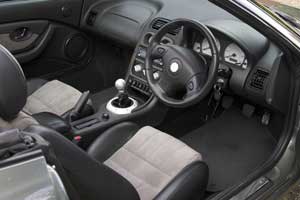
To be a smart used car shopper you should always deal with a licensed car dealer. If you purchase from a vehicle car dealership a range of legal requirements that may not apply to private sales protects you.
Test Drive
Along with a general inspection of the vehicle, you should also take it for a suitable test drive. Refer to our informative Test Drive Guide to ensure you get the test drive right.
Mechanical & General Inspection
If after the test drive you are still keen to purchase the vehicle, then you should arrange for a general vehicle and mechanical inspection.
Be aware, if you get a mechanical minded friend to take a look at the vehicle for you ‘as a mate’ and they miss something, you will have no come-back. However, if you pay a garage or vehicle inspection company to complete the check (as per your instructions) and they get it wrong, they can still be held liable for any losses you incur.
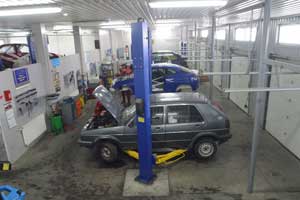
Check the Paperwork
When purchasing a car there is a lot of documentation that requires your attention, especially if purchasing from a reputable dealership. This includes:
- Warrant of Fitness (WOF) – if you are purchasing from a car dealer then the vehicle must have a WOF issued no more than 1 month before the date the car is collected by the buyer. Private sellers do not necessarily have to do this if the car is being sold “as is, where is”.
- Supplier Information Notice (SIN) – this document is required to be attached and displayed on every motor vehicle that is sold by a car dealer. The information that must be disclosed in the SIN includes the name and business address of the dealer, whether the dealer is a registered motor vehicle trader, the cash price of the vehicle, whether any security interest is registered over the vehicle, the year in which the vehicle was manufactured (or the manufacturer’s designated “model year”), the make, model, engine capacity and fuel type of the vehicle, the year in which the vehicle was first registered in New Zeala nd, or, if the vehicle was first registered overseas, the year of that first registration, the odometer (distance travelled) reading, or a statement that the odometer reading is or may be inaccurate and whether the vehicle is recorded on the motor vehicle register as having been damaged when it was imported. If you buy the car, you must be given a copy of the SIN.
Debt Check – if you are purchasing a vehicle from a registered motor vehicle dealer, you won’t be liable for any such debts, unless you were informed about them before the purchase.
- Ownership Check – check who is the current registered owner of the car. This should be the company or person – whether dealer or private – you are buying the car from.
- Purchase agreement – if you’re buying from a dealer, they must provide you with a written sale agreement and the Supplier Information Notice, which you have signed.
- Change of ownership – both the buyer and the seller have to fill out forms available from an LTSA agent (such as New Zealand Post). The buyer pays the fee and is ultimately responsible for the changeover.
As you can appreciate, there is a lot to consider when you are purchasing a used vehicle, which is why the professional and dedicated team at Mike Turfus MotorTraders are happy to assist in any way possible to ensure your car purchasing experience is as stress-free as possible!


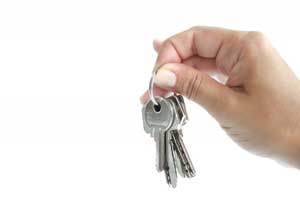
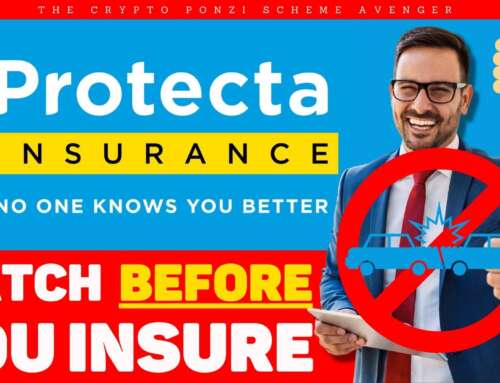
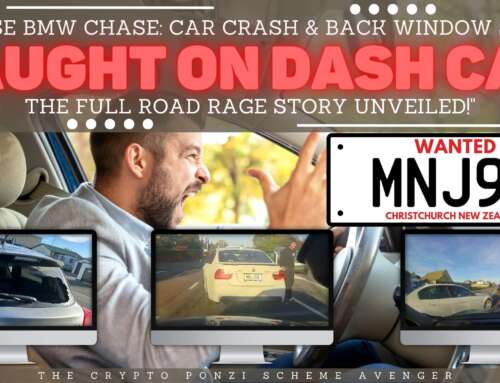


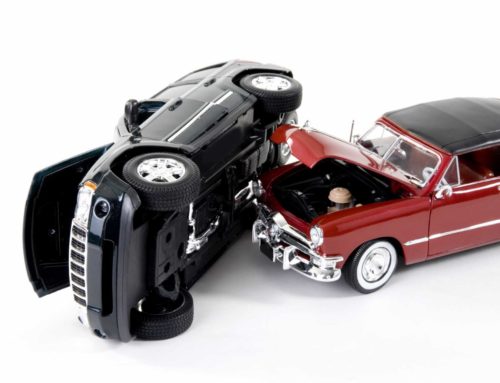
Leave A Comment